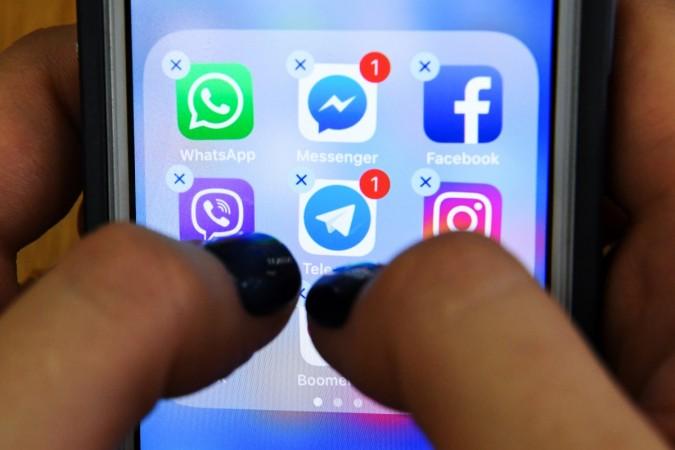WhatsApp is trying its best to stay ahead of the curve in curbing the spread of misinformation about coronavirus on its platform. Putting an end to a long-standing problem that social media platforms have faced since the beginning is optimistic, which is why we must settle for the second-best - reducing the spread of viral messages as much as possible. And it looks like WhatsApp is getting it right this time.
WhatsApp's fake news and misinformation problem aren't new. The app has been riddled with this problem for a long time and despite many efforts, it seems to haven't been able to control it. With the rollout of one feature, WhatsApp did what was almost unimaginable.
WhatsApp's magical feature
If you recall, WhatsApp recently restricted its users from forwarding messages to more than one contact at a time. For those who are socially active on the world's largest cross-platform messaging app, this must have been an annoying thing to have. But look on the brighter side, WhatsApp managed to reduce highly-forwarded messages by 70 percent in a matter of just three weeks.

"This change is helping keep WhatsApp a place for personal and private conversations. WhatsApp is committed to doing our part to tackle viral messages," a company spokesperson was quoted as saying by TechCrunch.
The stringent measure to limit forwarding messages to just one contact at a time yielded the best results. In fact, when the company restricted message forwards to more than 5 contacts at a time in 2018, it managed to reduce the message forwards by 25 percent in three years. Put that in perspective and WhatsApp did almost three times better in almost 50 times less time.
WhatsApp fights coronavirus

WhatsApp has come up with various efforts to help in the ongoing fight against coronavirus (COVID-19). The Facebook-owned app has partnered with governments in many countries, including India, to help them reach their citizens with important information about coronavirus.







